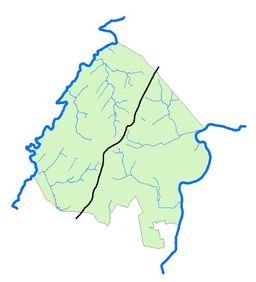Two Creeks Watershed Society
in
Manchester Township, York County, Pennsylvania
THE ENTIRETY OF THIS WEBSITE IS UNDER CONSTRUCTION
Where are we?

From a political view: Located in south central Pennsylvania, Manchester Township is in the heart of York County.
From an environmental view: Located in the southwestern portion of the Susquehana River basin section of the Chesapeake Bay watershed.
Purpose
Create new habitat.
Restore existing habitat.
Preserve the Future.
The land feeds the streams. We are all connected and effected by what lies upstream and downstream from us. Thus, one must look at the land use to see how it effects not only water quality but also land and habitat quality. What is habitat? Generally speaking it is a place where something lives. We want to increase the amount of livable space to the most amount of species.
But what is habitat? It is true that, like elsewhere in the United States, this area's impervious area is increasing. But even even if you see trees and grass instead of pavement and buildings it doesn't mean there is adequate habitat. Central York County is suffering from a loss of available and suitable habitat for a myriad of creatures.
Thus, our goal is to reverse this process. Our goal is to increase the amount of habitat by reintroducing plant species to areas that are now just mowed turfgrass. The animals will follow.
Check out some of the projects we are involved with here.

All species, including ours, depend on water. Thus what you do, what we do, impacts our streams, creeks and eventually the Chesapeake Bay. You probably have heard this before. Maybe even a hundred times! But what does this actually mean?
When a water droplet rains to earth it flows downhill over and or/ through the ground until it reaches a collection trench. We call this a stream. As it continues its path towards the ocean, more and more of these trenches meet up and thus your streams get larger and larger. This is why what you do on you land effects everyone else...Water connects us all.
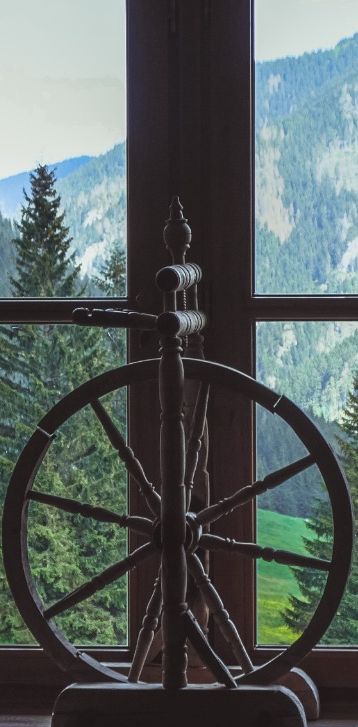
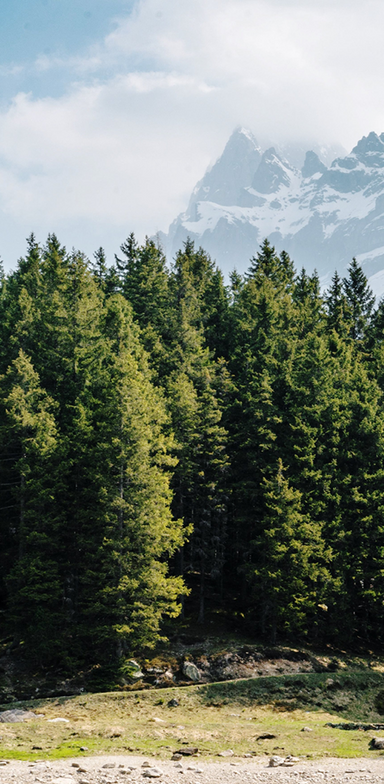
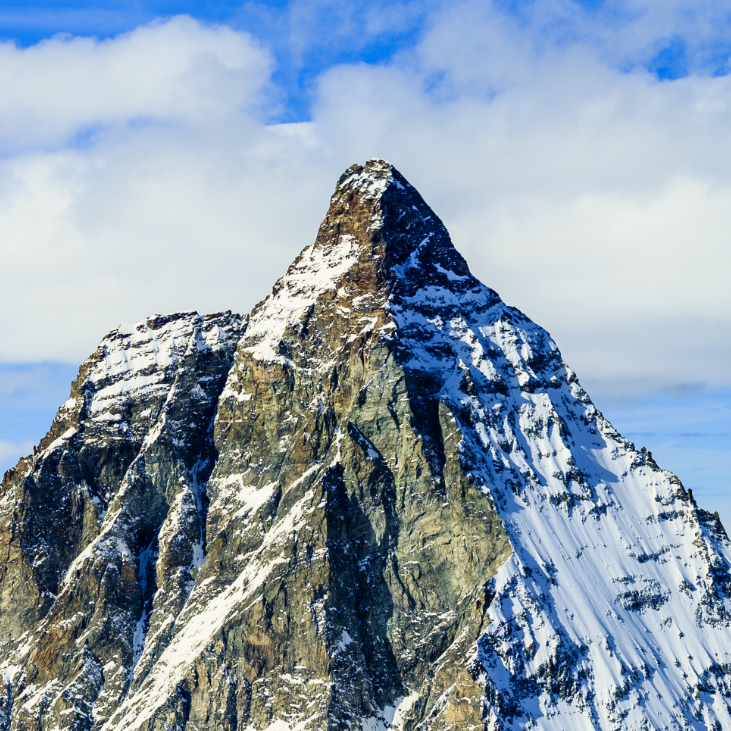
Habitat Creation and Restoration
Storm Water Ponds.
According to the USDA, the entireity of York County is in the Appalachian Oak Forest. This is our default land use. This should be what our open space should be filled with. This is what our neighborhoods and open spaces need to be filled with, not lawns with scattered trees. Forests with meadow filled gaps. As our land use becomes more and more fragmented and suburbanized many of our native species suffer. Think monarchs. Think bumble bees. But don't forget about x y, and z. Thus, we need to find whatever areas are available (and there are plenty) and let nature recolonize them from the turfgrass.
One idea is to take something that has become more and more ubiquitous and modify it, add to its environmental functionality. Let's turn Storm Water Ponds into habitat islands.
What is a Storm Water Pond? Slow surface flow. Allow settling. But they can be so much more.
Ever wondered why Storm Water Ponds, which do have an important job, are just mowed? We have too! Do you have any idea how many there are? In just this Township alone there are at least x. They vary in size. They vary in location. They vary in ownership. They don't vary in that the vast majority are dominated by turf grass! Why?
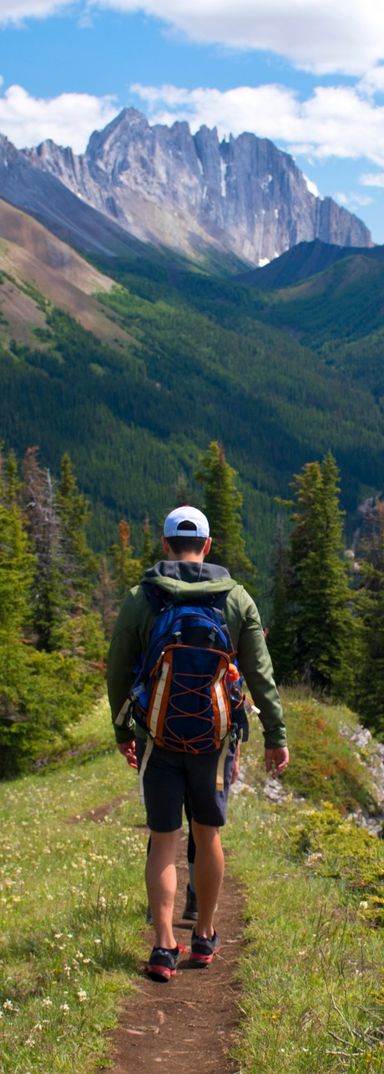
Current Projects
Be one with nature
In order to be able to understand what is happening and begin to fix it one needs to have a handle on what already exists. To this end we are, at the moment, actively creating as well as reworking GIS layers which will be pertinent to our work. Please see the Projects page for more information.
Natural systems more often than not, do not follow human political divisions. This is one reason why solving environmental issues is so complex - many governments, boards, and authorities need to come together.
Plant trees, create habitat! Come out and help us!
Native Species
Founded 2021.
All rights reserved.

